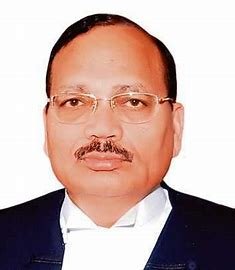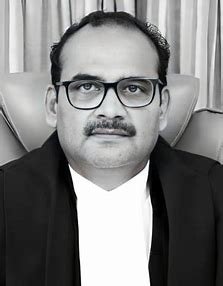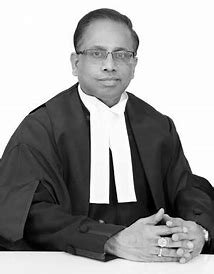Drafting legal documents is an essential skill that can significantly impact the outcome of a case. At a
recent event, several esteemed justices shared their insights on the importance of well-structured legal drafting and how it influences judicial decision-making.
Justice Kant on Strategic Drafting

Justice Kant recalled an instance where he had to redraft an entire bail application submitted by a junior lawyer. The original draft contained defense arguments, which, according to him, should not be included at the bail application stage. Instead, he emphasized that the document should focus on the factual details of the case and the First Information Report (FIR).
Highlighting the importance of a logical sequence in legal writing, Justice Kant remarked
“When you draft a petition, your narrative of facts should be such that when the judge or anyone reads the first paragraph, they feel compelled to read the next one. Events must be interconnected in a way that naturally leads the reader through the document. If you master this art, I assure you that 50% of the case is already won!”
Justice JK Maheshwari on the Role of Pleadings in Judicial Decision-Making

Justice-JK-Maheshwari
Justice JK Maheshwari further elaborated on how a well-drafted petition can persuade the bench to consider a case seriously. He pointed out that judges review multiple briefs daily, and the effort put into drafting significantly influences their perspective.
“We examine briefs every day and can immediately assess the level of diligence invested by the Advocate-on-Record (AOR). There have been instances where a case may lack substantial merit, but due to the clarity and precision of the pleadings, we decide to issue a notice. Conversely, a case with strong legal points may fail to gain attention if the arguments are not properly structured and presented.”
He stressed that pleadings shape judicial perception, and it is up to the legal professional to ensure that their case is presented in the most compelling manner.
Justice KV Viswanathan on Responsibilities of AORs

Justice KV Viswanathan took the opportunity to congratulate the AORs (Advocates-on-Record) on passing their examinations. He reminded them that with recognition comes responsibility.
“Just as power entails responsibility, so does recognition. While this is a moment of celebration, always remember your duty towards the institution. Your role in the legal system is pivotal, and you must uphold its integrity with diligence and commitment.”
Conclusion
The event was also graced by SCAORA President Vipin Nair, Vice President Amit Sharma, and Secretary Nikhil Jain, who underscored the significance of professional competence in legal practice.
These insights from the judiciary reinforce the fact that drafting is not just about legal articulation but also about persuasion, strategy, and responsibility. Whether it is a bail application, a petition, or a brief, the quality of drafting can make a decisive difference in legal proceedings.





